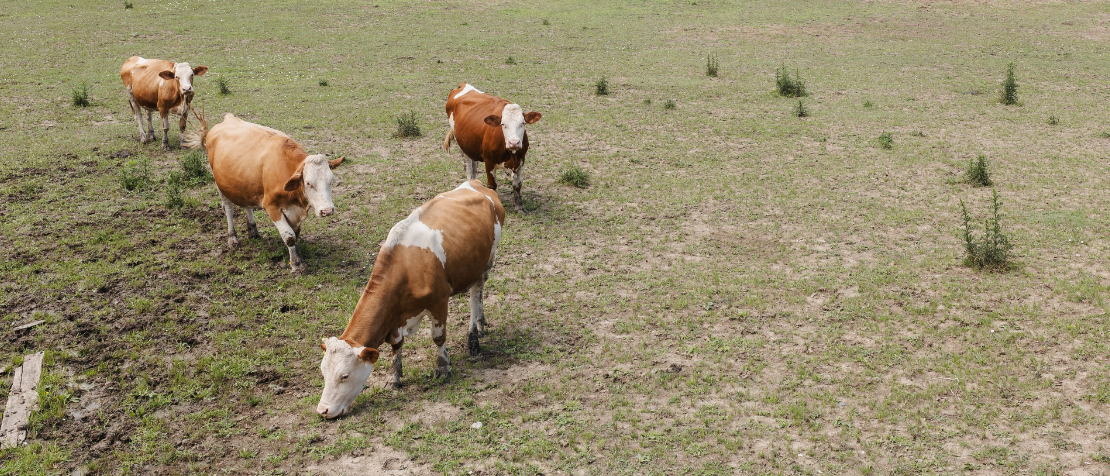FAO regional workshop discusses response to ruminant disease outbreaks in Europe

©FAO/Attila Kisbenedek
In response to the recent and sudden surge of transboundary animal diseases (TADs) affecting ruminants across Europe this year, the Food and Agriculture Organization of the United Nations (FAO) organized a two-day regional workshop concluding today in Budapest, Hungary. The event brought together veterinary authorities and animal health experts from over a dozen countries to exchange experiences and strengthen regional coordination against foot-and-mouth disease (FMD), peste des petits ruminants (PPR), and sheep and goat pox (SGP).
Over the past year, several traditionally disease-free countries in central and southeast Europe reported outbreaks of these highly contagious diseases, threatening livestock and farmers’ livelihoods. FMD was confirmed in Germany, Hungary, and Slovakia in early 2025 and has been controlled successfully since. Meanwhile, PPR affected sheep and goat populations in Bulgaria, Greece, Romania, Hungary, and more recently in Albania. Similarly, SGP was reported in Bulgaria and Greece. These incursions highlighted the urgent need for regional cooperation to discuss past and on-going control measures, and learn from countries’ experiences.
The workshop provided a platform for affected and at-risk countries to share their experience and lessons learned. Presentations focused on the epidemiology, stamping out and biosecurity, while panel discussion were broader on overall disease control, communication and recovery.
Day one of the event concentrated on FMD, with detailed case studies from Germany, Hungary, and Slovakia. Participants from unaffected neighbouring countries – including Austria, Croatia, Czech Republic, Romania, Serbia, and Ukraine – have shared their preventive strategies and preparedness efforts. To facilitate knowledge sharing on ruminant disease outbreaks, a panel discussion concluded the day on regional recommendations and proposed actions for FAO and the international community.
The second day covered peste des petits ruminants and sheep and goat pox, with national veterinary services from Bulgaria, Greece, Romania, and Hungary, presenting their responses to outbreaks. Participants could engage in a discussion on the root causes of the increasing disease incursions and on a set of forward-looking proposals to enhance early warning and regional collaboration.
“Sharing experiences and lessons learned among countries has always been crucial to bolster response to animal diseases,” said Mark Hovari, FAO Animal Health Preparedness Expert. “While peste des petits ruminants, sheep and goat pox and especially foot-and-mouth disease are challenging animal diseases, by adopting proven measures and implementing them correctly these diseases can be controlled and eliminated.”
The workshop underscored FAO’s commitment to supporting its Members in the region in combatting animal health issues through technical guidance, capacity building, and coordinated response efforts.

©FAO/Mátyás Temesfői
___
The effort depicted is sponsored by the United States Department of Defense, Defense Threat Reduction Agency. The content of the information does not necessarily reflect the position or the policy of the Federal Government of the United States, and no official endorsement should be inferred.
We would also like to acknowledge the United States DoD DTRA Cooperative Threat Reduction Program’s support of project HDTRA1-19-1-0037 – “Global Framework for the Progressive Control of Transboundary Animal Diseases (GF-TADs).
Over 900 ruminant veterinarians study strengthened farm biosecurity practices
FAO launches an online Russian-language course on preparedness for an emerging threat to the health of small ruminants: sheep and goat pox
Major initiative on ruminant biosecurity in the Black Sea region comes to an end
